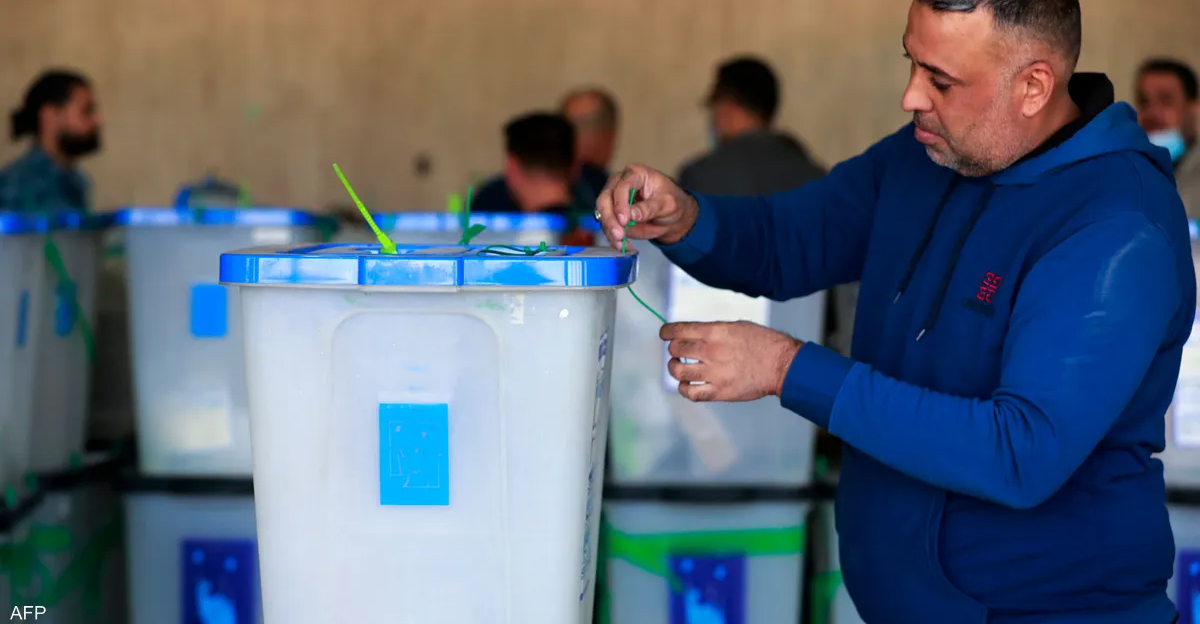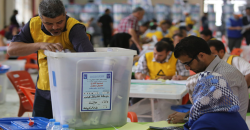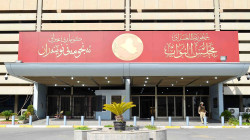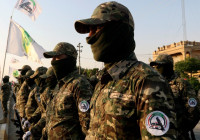Iraq yet to agree on Election Law amendments

Shafaq News/ Iraq’s political parties proposed various amendments to the election law, but have not reached an agreement so far, an Iraqi official revealed.
Speaking to Shafaq News, Deputy Chairman of the Parliamentary Committee on Regions and Governorates, Jawad Al-Yasari revealed that “one of the key proposed changes is requiring ministers and executive officials to resign before running for office in the elections.”
Another suggestion, calls for the prime minister and cabinet ministers to resign if they intend to run for parliament, though some proposals advocate exempting the prime minister from this requirement, he added.
“Executive officials' candidacy in upcoming elections would be subject to conditions set by political parties and blocs under the election law,” Al-Yasari affirmed.
According to Iraqi lawmakers, amending the election law faces significant challenges due to deep political divisions among major blocs, with each faction seeking changes that align with its own interests.
Earlier this month, Iraq’s three presidencies held a meeting to discuss key issues, including preparations for the 2025 parliamentary elections and the need to provide logistical and technical support to the Independent High Electoral Commission.
On January 13, Iraq’s parliament voted to extend the term of the Board of Commissioners in the election commission, following a judicial decision to prolong their tenure for an additional two years.
Iraq has enacted six electoral laws since 2003, shifting from a single national district to more complex systems.
The 2020 reform, driven by the 2019 protests, introduced a majority-based system with multiple electoral districts per province.
However, in March 2023, parliament reversed these changes through an amendment to Law No. 12 of 2018, reinstating the Saint-Laguë system and reducing the number of districts to 18, with each province serving as a single district.
While the previous multi-district system benefited independents, critics argue that the Saint-Laguë system favors larger parties, making it harder for independent candidates to secure seats.


